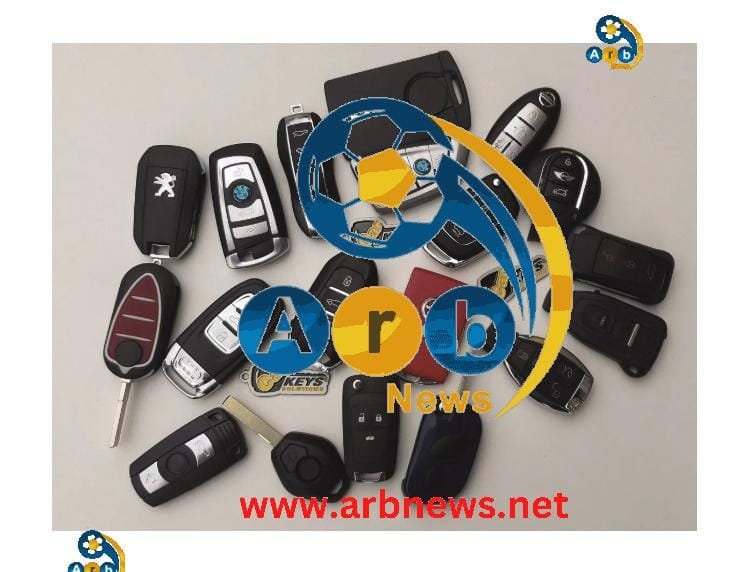Losing your car keys can be a frustrating experience, causing stress, delays, and financial worries. However, staying calm and acting in an organised manner is key to resolving the situation as efficiently as possible. Below is a comprehensive guide on what to do if you have lost your car keys.
Stay Calm and Check Your Surroundings
Before assuming the keys are completely lost, take a moment to thoroughly check:
- Clothing pockets.
- Bags or backpacks.
- Around the vehicle.
- Inside your home or workplace.
- Any places you have visited recently.
In times of stress or hurry, it is easy to overlook the obvious. Often, the keys have simply been misplaced in an unusual spot.

Consider Whether You Have a Spare Key
Many vehicle owners keep a spare key at home or with a trusted person. If you have a spare, retrieving it can save you time, money, and hassle.
If you do not have a duplicate, we will explain later why it is highly advisable to have one made once you regain access to your car.
Identify the Type of Key You Have Lost
The method for replacing a lost key depends on the type. Nowadays, there are several kinds:
- Traditional mechanical key: simple and inexpensive to replace.
- Transponder key: contains a microchip that must be programmed to the car.
- Remote fob: in addition to unlocking doors, it may start the engine.
- Smart key (keyless entry): allows you to unlock and start the car without removing it from your pocket.
Knowing which type of key you had will help you determine the next steps and associated costs.
Check Whether the Car Is Locked or Unlocked
If your car is still unlocked and you can access the interior, the situation is much easier to manage. However, if the car is locked and you have no spare key, you will likely need professional assistance to avoid causing damage when trying to open it.
Contact a Specialist Locksmith or the Dealership
There are two main options for replacing a lost car key:
- Automotive locksmith: many modern locksmiths are equipped to cut and programme even advanced car keys.
- Official dealership: dealerships can supply original replacement keys, although this tends to be more expensive and time-consuming.
When contacting a professional, be prepared to provide the following:
- Make, model, and year of the vehicle.
- Vehicle Identification Number (VIN), usually found on the dashboard or in vehicle documents.
- Proof of ownership (such as the vehicle registration document).
Consider Reprogramming or Changing the Lock System
If you suspect your keys have been stolen, do not merely replace the key: you should also have the ignition system reprogrammed or the locks changed. This prevents potential theft by someone using the stolen keys.
Reprogramming or replacing car lock system may involve additional costs, but it is an investment in your security.
Check Your Insurance Policy
Some car insurance policies offer coverage for lost keys. This may include:
- The cost of car key replacement.
- Locksmith services.
- Towing the vehicle to an authorised service centre.
Review your policy details or contact your insurer directly to see if you are entitled to this benefit.
Prevention for the Future
Once the immediate problem is resolved, it is advisable to take preventive measures:
- Have spare keys made: keep a copy at home or with a trusted person.
- Use Bluetooth trackers: small devices attached to your keyring, allowing you to locate your keys via your mobile phone.
- Establish a routine: designate a specific spot at home for your keys.
- Prevention can save you a lot of trouble in the future.
Conclusion
Although losing your car keys might feel like an insurmountable emergency, by following a logical series of steps, you can resolve the situation efficiently. The key is to stay calm, assess your options, and act promptly to secure your vehicle. Furthermore, taking preventive measures after the incident can help avoid similar problems in the future.


